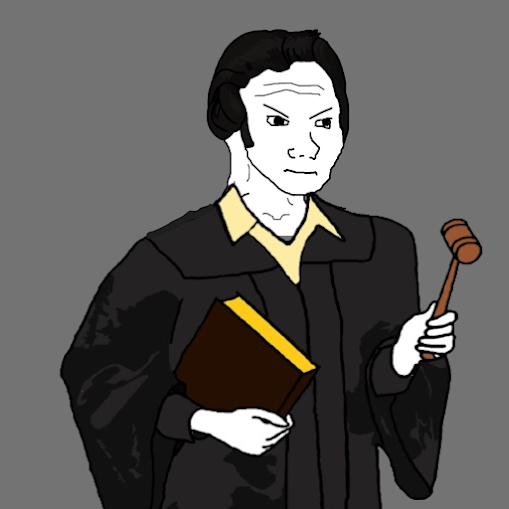Recently, I got an opportunity to work on a criminal case, and I was very excited about it. However, after going through the facts of the case, my excitement vanished as I found that it was not a criminal case but a case involving the Law of Torts.
Facts of the Case
In this case, there was a gardener and an employer. The employer here is not the owner of an establishment but a dweller in a regular house with a garden. The gardener is not a registered employee and is actually a daily wage laborer. If we were to ask the gardener, he couldn't produce an employment letter as this sector itself is not regulated. Blue-collar workers are not regulated, and that is the reason why most of them cannot prove their employment status.
Anyways, the case started after the employer asked the gardener to climb up a jackfruit tree and pluck some fruits. While doing that task, the gardener fell down, succumbed to his injuries, and died. Now, a well-wisher of the gardener wrote a letter to the magistrate, and the magistrate, under Section 200 of the CrPC, registered a criminal complaint and directed the police to register an FIR. Since crimes under the IPC are considered crimes against the state, the state becomes the prosecutor, and the Public Prosecutor in this case filed charges under Section 304 of the IPC, which deals with culpable homicide not amounting to murder, and Section 34 of the IPC, which deals with acts done by several persons in furtherance of common intention. Both the husband and wife were made the accused in this case.
Issues
The primary issue I found applicable in this case is that it is not a criminal case at all. I feel this is a case involving torts. I feel that the Public Prosecutor has failed in his job to file the relevant sections. This would actually become a criminal case if the employers did not pay any compensation as per the Employees' Compensation Act.
Why This Is Not a Criminal Case?
This is not a criminal case because the fundamentals of any criminal case require that the actus reus, mens rea, and causal links between the crime and the accused on trial must be proven. The actus reus is there, which is already a matter of dispute, but mens rea is not present, as there is literally no interest of the employer to kill an employee by making him pluck a jackfruit. But for the sake of this case, let us give some benefit of the doubt.
Why This Is a Torts Case?
In my argument, I believe this is a torts case because it checks all the boxes of the essentials of a tort. Tort generally means civil wrongdoings, but actually, it is a case arising not due to someone's fault but due to some twist in the tale. The remedies available in torts are due to the principle of "Ubi jus ibi remedium."
I am focused on the point that this is a torts case due to the following reasons:
- The prosecution will not be able to prove the case.
- As advocates, our responsibility is to assist the courts, and I believe it is in the best interest of both aggrieved and accused parties that the case is settled by providing a remedy.
- It is of no use for the employer to go to prison. I believe true justice lies in getting the remedy to the victim. And as stated by the Supreme Court in the case Naresh Kumar & Anr. vs. State of Karnataka & Anr., the Court stated that the High Court must not hesitate in quashing such criminal proceedings which are essentially of a civil nature. Tort, being a case of a civil nature, should also be tried separately.
How the Prosecutor Can Use the Provisions of the Employees' Compensation Act
The prosecutor could have instead relied on the provisions of the Employees' Compensation Act to seek justice for the deceased gardener. Under this Act, the employer is liable to pay compensation to the employee's family in cases of death or injury during the course of employment. Given that the gardener was carrying out the employer's instructions at the time of the accident, the employer would be responsible for compensating the gardener's family.
The prosecutor could have filed for the compensation under the Act, ensuring that the family receives the financial remedy they deserve. This approach aligns more closely with the principles of justice, as it focuses on providing relief to the victim's family rather than pursuing criminal charges that are difficult to substantiate.

No comments:
Post a Comment